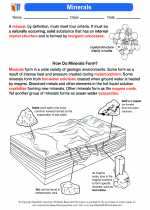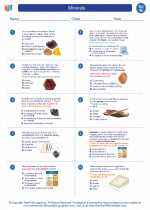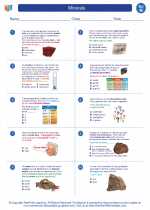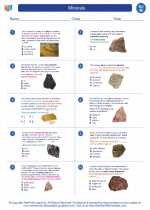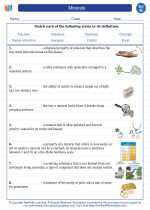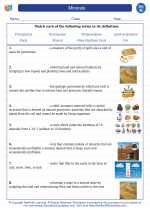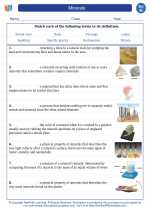Epimorphosis
Epimorphosis is a biological process that involves the regeneration of lost or damaged body parts in animals. This process is seen in organisms such as Planaria, lizards, and amphibians.
Mechanism of Epimorphosis
During epimorphosis, the regeneration of a body part occurs through the proliferation and differentiation of specialized cells at the site of injury. This process involves the formation of a blastema, which is a mass of undifferentiated cells that serve as the source of new tissue formation.
Factors Affecting Epimorphosis
Several factors can influence the success of epimorphosis, including the extent of the injury, the presence of appropriate signaling molecules, and the overall health and condition of the organism.
Significance of Epimorphosis
Studying epimorphosis can provide insights into the potential for regenerative medicine and tissue engineering. Understanding the molecular and cellular mechanisms behind epimorphosis may lead to the development of new therapeutic strategies for promoting tissue regeneration in humans.
Study Guide
- What is epimorphosis?
- Describe the mechanism of epimorphosis.
- Explain the factors that can affect the success of epimorphosis.
- Discuss the significance of studying epimorphosis.


